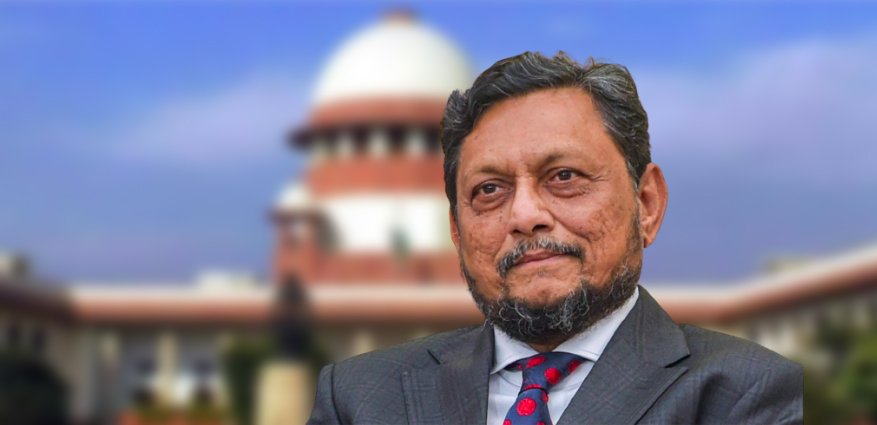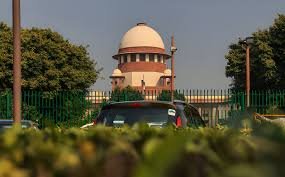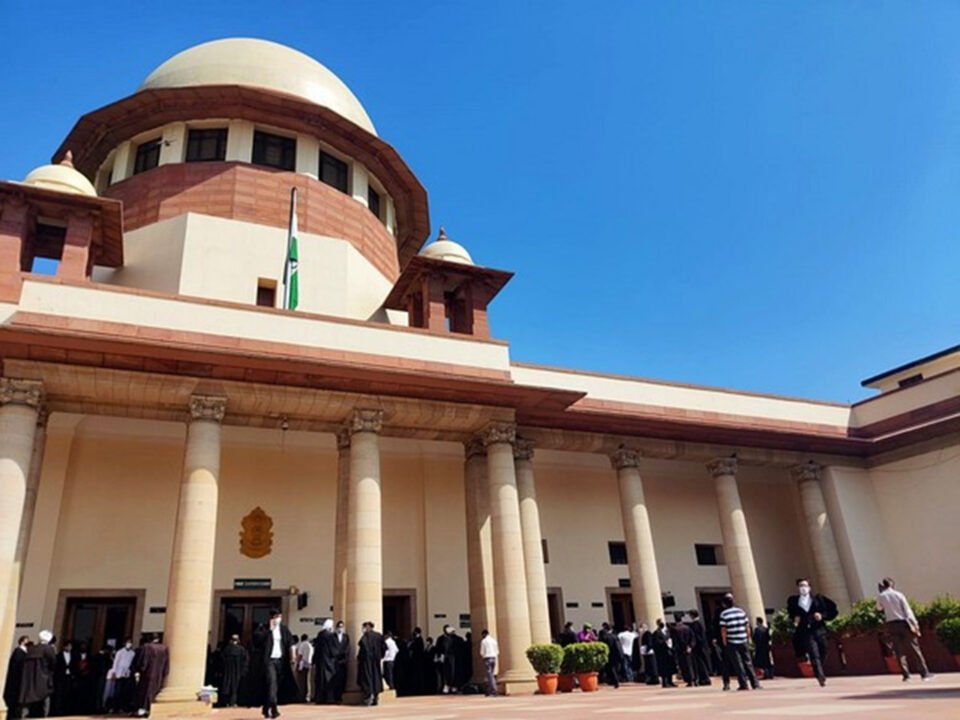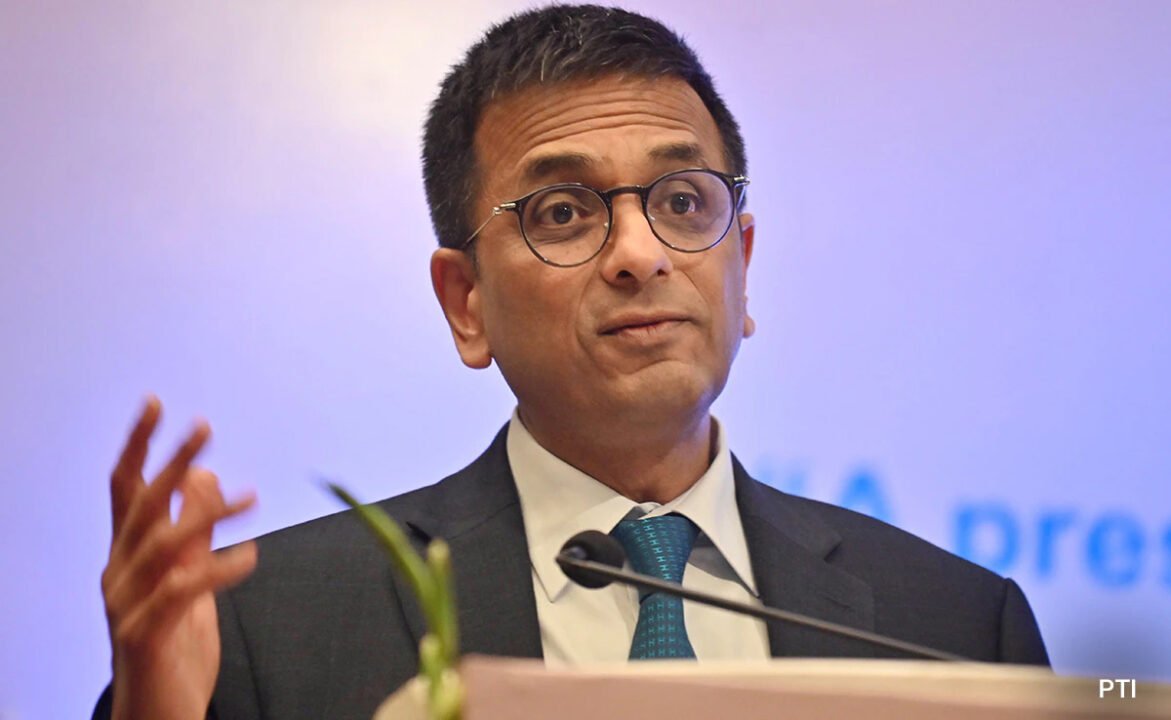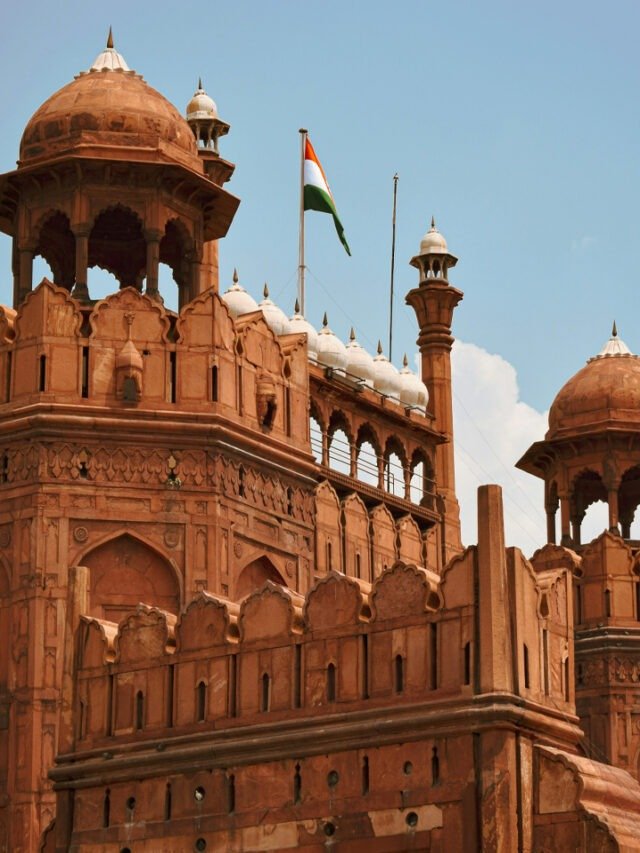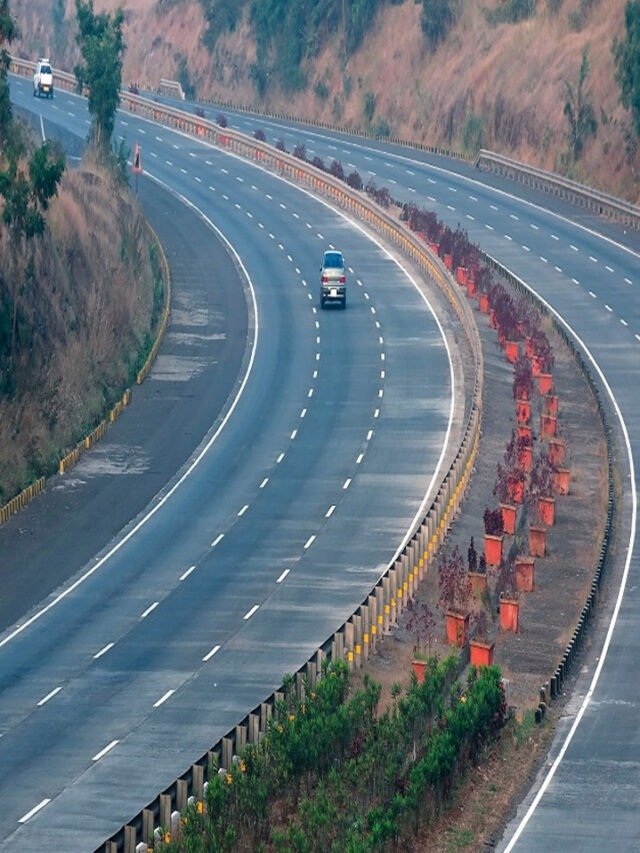NEW DELHI, March 18 (PTI): Former Chief Justice of India SA Bobde favored the primacy of the Chief Justice and the collegium in the appointment of judges to constitutional courts but said the opinion of the executive is also vital.
He also said he did not see or experience any executive interference in the judicial process during his tenure as the head of the Indian judiciary.
The way the executive can interfere in judicial work is by having court benches suitable for it in every case, which doesn’t happen, he said, asserting the roster is prepared by the Chief Justice of India independent of any pressure.
Justice Bobde was sworn in as the 47th CJI on November 18, 2019 and retired on April 23, 2021.
Speaking at the India Today Conclave, he said the executive, legislature, and judiciary are separated in their functions and powers, but they are not separated in their purpose and objective.
“I consider it perfectly legitimate that the executive has a vital interest in who is going to be a judge. Apart from the fact that they are the executive and one of the organs of government, they are also the largest litigant in any court. Now, the problem is not that they have an interest, the problem is how to give effect to that interest,” he said.
At the same time, he said, the judiciary is best suited to know who fits the bill as a judge.
“The reason is we know what is the calibre, the merit, and the suitability of the judges who are to be elevated, we have seen them right from the days they were lawyers. We have heard appeals against their judgments… We are the best positioned to see which judge is meritorious,” he said.
He added that the executive’s opinion is vital as it has the intelligence bureau’s reports on the activities of a judge and is in the best position to tell the court that this is not a suitable candidate.
“I am saying that consultation with the executive can be made by the Chief Justice of India and the Collegium. Their view is taken, but I believe the primacy must remain with the Chief Justice or the Collegium,” Justice Bobde said, while making it clear that by consultation he does not mean concurrence.
Justice Bobde said he never saw or experienced any government interference in the judicial process during his stint as the CJI.
When he was asked about a senior lawyer of the apex court, having said that judges are scared of the Modi government and reluctant to “rock the boat,” he refused to respond directly.
“But I do not see any executive interference in the judicial process. I did not experience any—you could ask, you have invited other colleagues of mine today, you could ask them,” he said.
“You see, the way the executive can interfere is by having benches suitable for it in each case, and that does not happen,” he said.
Justice Bobde said being the CJI is a “heavy responsibility and a difficult place to be in”.
Justice Bobde said the National Judicial Appointments Commission (NJAC) provided a wide representation to all kinds of opinion, including to social workers and eminent people, and the Supreme Court did not agree with it and it struck down that law.
The apex court also struck down the constitutional amendment on the ground that the independence of the judiciary expressed through the appointment of judges is a part of the basic structure, he said.
“I have full respect for the judgment of the Supreme Court (on striking down NJAC),” he added.
Justice Bobde, who was part of the constitutional bench that delivered the judgment on the Ayodhya land dispute, said the word “political” can be attached to anything, but he saw nothing political about the Ayodhya case.
He also said there was nothing political about the Rafale fighter jet deal and added that it was a defense deal.
“What is political about it except that politicians talk about it? Or some might want to derive political mileage from a controversy. We are not involved in politics, as courts. We decide a case that comes up before us and is brought to us by parties who have something to say, and whatever the claim… we adjudicate the claim. What is politics in it?” he said.
Bobde replied in the negative when asked if he felt any extra pressure while dealing with the Ayodhya dispute. He, however, added that there was possibly a greater sense of anxiety about what effect it might have on the body politic to some extent, but it was not of the political kind.
The retired judge also termed the controversial press conference organised by the then four sitting judges of the apex court in January 2018 as one of the most unfortunate events in the history of the Supreme Court.
“That, to my mind, is one of the most unfortunate events in the history of the Supreme Court of India, and I tried my best to see that it doesn’t happen thereafter. I am saying this because some magazines have already written about my role there. And I did try to bring about peace between the opposing points of view. I succeeded, or partly didn’t succeed, but it’s an unfortunate event,” Justice Bobde said.
In an unprecedented step, four senior judges of the Supreme Court called a press conference and spoke of a slew of problems they said were afflicting the top court, including the allocation of cases by then CJI Dipak Misra.
Justice J Chelameshwar, the second senior-most judge after the CJI, and Justices Ranjan Gogoi, MB Lokur, and Kurian Joseph had said efforts to convince Misra to take steps to “protect the institution” had failed.
Bobde said no judge could be appointed during his tenure as the CJI since the collegium was unable to arrive at a consensus on the proposed names.
“No, it’s not because of the collegium system; it is because as a collegium we were unable to arrive at a consensus. It is not because of the system, it is because we failed as a collegium to arrive at consensus about the names,” he said.
“There have been periods when you haven’t had elevation for two years. You haven’t had elevation for longer. What is so extraordinary about this? We couldn’t arrive at a consensus. It can happen in the human institution,” he added.


